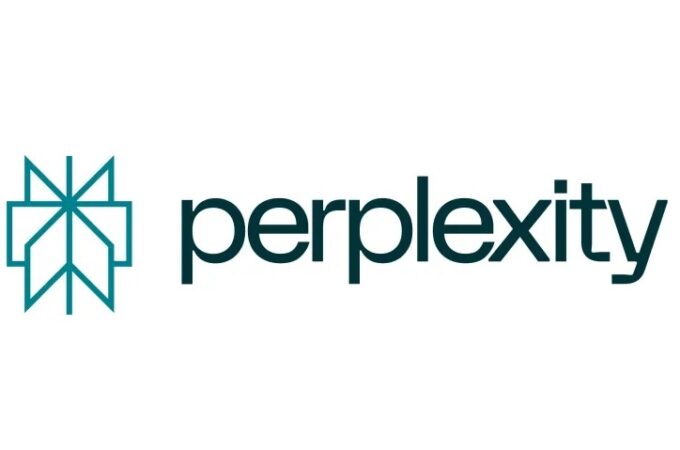Jamie Dimon’s Annual Letter To Shareholders
In his annual letter to shareholders this week, JP Morgan CEO Jamie Dimon warned investors and those in the banking industry that “Silicon Valley is coming.”
IV. WE HAVE A SOLID STRATEGY AND BELIEVE OUR FUTURE OUTLOOK IS VERY GOOD — BUT, AS USUAL, THERE STILL ARE A LOT OF THINGS TO THINK AND WORRY ABOUT
There always will be new emerging competitors that we need to keep an eye on
New competitors always will be emerging – and that is even truer today because of new technologies and large changes in regulations. The combination of these factors will have a lot of people looking to compete with banks because they have fewer capital and regulatory constraints and fewer legacy systems. We also have a healthy fear of the potential effects of an uneven playing field, which may be developing. Below are some areas that we are keeping an eye on.
Large banks outside the United States are coming. In terms of profitability, the top two Chinese banks are almost twice our size. Thirty years ago, Industrial and Commercial Bank of China operated in only a handful of countries, but it now has branches or subsidiaries in more than 50 countries. It has a huge home market and a strategic reason to follow the large, rapidly growing global Chinese multinationals overseas. It may take 10 years, but we’d be foolish to discount their ambition and resources. We’re also seeing world-class banks emerge and grow in places like India and Brazil, and Japanese and Canadian banks are coming on strong, too. Many of these banks are supported in their expansionary efforts by their government and will not need to live by some of the same rules that we in the United States must adhere to, including capital requirements. We welcome the competition, but we are worried that an uneven playing field may hamper us many years from now.
Silicon Valley is coming. There are hundreds of startups with a lot of brains and money working on various alternatives to traditional banking. The ones you read about most are in the lending business, whereby the firms can lend to individuals and small businesses very quickly and – these entities believe – effectively by using Big Data to enhance credit underwriting. They are very good at reducing the “pain points” in that they can make loans in minutes, which might take banks weeks. We are going to work hard to make our services as seamless and competitive as theirs. And we also are completely comfortable with partnering where it makes sense.
Competitors are coming in the payments area. You all have read about Bitcoin, merchants building their own networks, PayPal and PayPal look-alikes. Payments are a critical business for us – and we are quite good at it. But there is much for us to learn in terms of real-time systems, better encryption techniques, and reduction of costs and “pain points” for customers.
Some payments systems, particularly the ACH system controlled by NACHA, cannot function in real time and, worse, are continuously misused by free riders on the system. There is a true cost to allowing people to move money. For example, it costs retailers 50-70 basis points to use cash (due to preventing fraud and providing security, etc.). And retailers often will pay 1% to an intermediary to guarantee that a check is good. A guaranteed check essentially is the same as a debit card transaction for which they want to pay 0%. For some competitors, free riding is the only thing that makes their competition possible. Having said that, we need to acknowledge our own flaws. We need to build a real-time system that properly charges participants for usage, allows for good customer service, and minimizes fraud and bad behavior.
Rest assured, we analyze all of our competitors in excruciating detail – so we can learn what they are doing and develop our own strategies accordingly.




